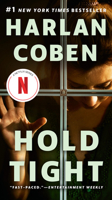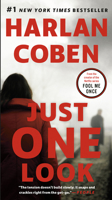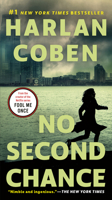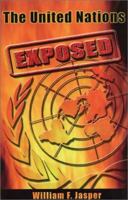Sam Houston and the American Southwest (Library of American Biography Series) (3rd Edition)
(Part of the Library of American Biography Series and Library of American Biography Series)
Select Format
Select Condition 
You Might Also Enjoy
Book Overview
In this biography, Randolph B. Campbell explores the life of Sam Houston and his important role in the development of the Southwest. Governor of two states, president of an independent republic, and for thirteen years a United States senator, Sam Houston forged a life of great adventure, frequent controversy, and lasting achievement. Within the historical context of the emerging West, Houston's story is not only one of courage and fortitude, but also aids in understanding of the possibilities and limitations of leadership in a Democratic society. The titles in the Library of American Biography Series make ideal supplements for American History Survey courses or other courses in American history where figures in history are explored. Paperback, brief, and inexpensive, each interpretive biography in this series focuses on a figure whose actions and ideas significantly influenced the course of American history and national life. In addition, each biography relates the life of its subject to the broader themes and developments of the times. This description may be from another edition of this product.
Format:Hardcover
Language:English
ISBN:0553803816
ISBN13:9780553803815
Release Date:July 2006
Publisher:Delacorte Press
Length:335 Pages
Weight:1.20 lbs.
Dimensions:0.9" x 6.0" x 8.6"
More by William F. Jasper
Customer Reviews
6 customer ratings | 5 reviews
Rated 3 starsslap dash
By Ososanna, Verified Purchase
While many of the recipes are easy (and a few are rated as "moderately difficult"), the formatting of this book is terrible. There are blotches of orange and turquoise related to comments, chit chat, etc scattered about the book. What drives me crazy is that the recipes are printed in gray on glossy white paper and are hard to read (or nearly impossible if you are visually challenged and need glasses). Some of the editing...
0Report












































